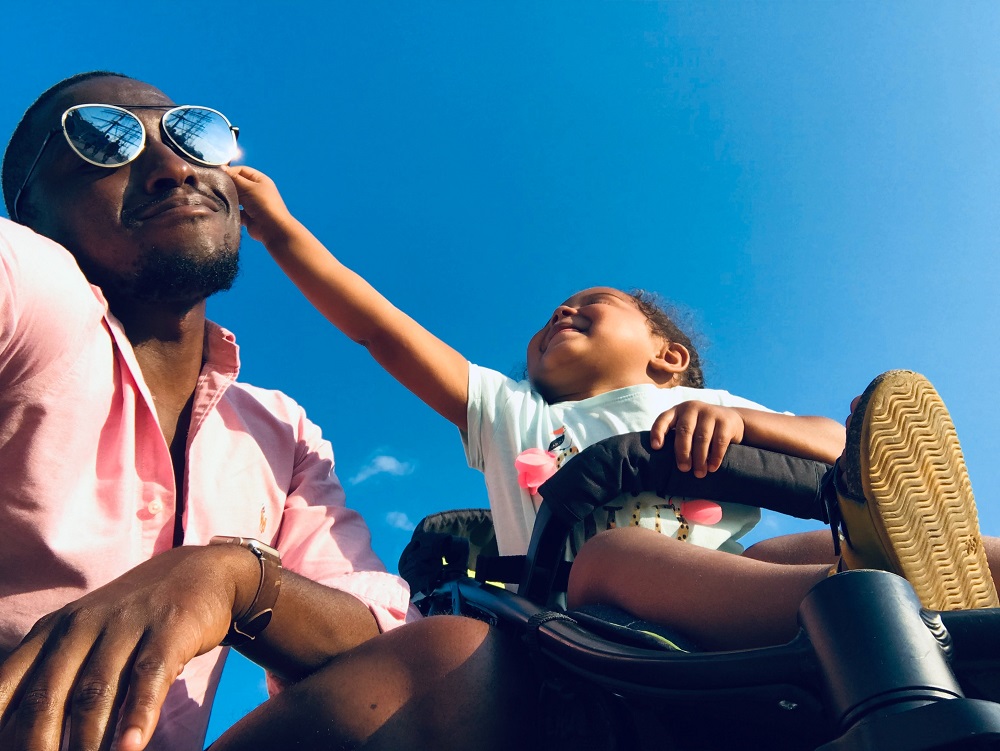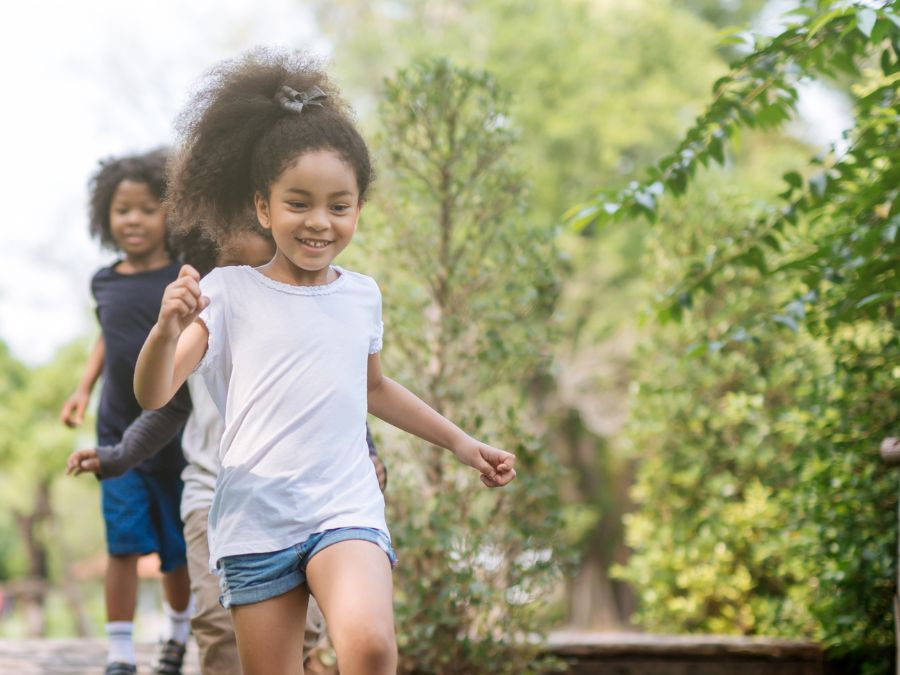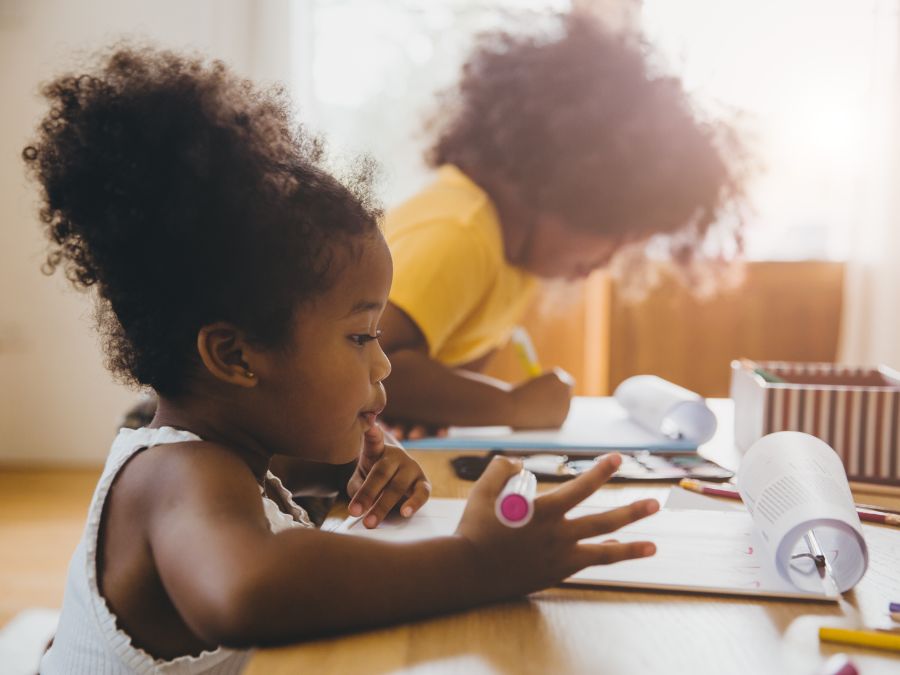
By Chloe Yang, Dr. Robert Sege, and Dr. Dina Burstein
These past few days, the killing of George Floyd has opened a raw wound, one among many, caused by police brutality and a system built on racism. HOPE (Healthy Outcomes from Positive Experiences) seeks to create a world in which every child has the chance to live a long, healthy life. The four building blocks promote positive, nurturing relationships. Safe, stable, and equitable environments. Opportunities for social and civic engagement. Opportunities to develop social and emotional competencies. Racism at all levels—interpersonal, internalized, structural, and institutional—have been laid bare during the pandemic and in the perpetual police killings of Black Americans. These latest instances of violence have demonstrated, yet again, that some children are thought to be more deserving of positive experiences. HOPE believes all families, children, and communities deserve positive experiences, free from discrimination and harm.
We stand with the families of George Floyd, Breonna Taylor, Tony McDade, and so many more. Sadly, this is nothing new. Many Southern police departments began as slave patrols. Anti-Black racism is baked into these institutions, into our history, laws, and behaviors. This country and its economy was built on the exploitation and forced labor of African American people. The effects are still felt today: in the loss of Black life which often goes unpunished, in the systematic disenfranchisement of communities of color, in the overt and pernicious discrimination in housing, employment, healthcare, and going about their daily lives. This systematic racial discrimination leads to significant health disparities between Blacks and Whites: Black children have a 500% higher death rate from asthma compared with White children, and Black adults have higher rates of diabetes, hypertensions, and heart disease than other racial groups, due to a “confluence of societal racism, poverty and other factors.” As stated in the op-ed which presents this data, “When it comes to good health, our ZIP code”—and racial discrimination—“can be more important than our genetic code.”
Creating Positive Childhood Experiences (PCEs) for all children, ensuring the strength of all families and communities, and promoting good health for all adults necessarily requires personal and institutional accountability, standards of relational-based practices, and a sense of urgency, to understand the root causes of and dismantle all forms of racism. All children cannot have equal access to the 4 Building Blocks under a system which discriminates and kills based on skin tone. While HOPE alone cannot accomplish this needed systemic change, we will constantly call out racism, whether it be external or internalized, and seek to never pathologize the results of oppression. Together, we can advocate for local, state, and national policies which serve all families and communities. Our recent blog, co-posted on the Center for the Study of Social Policy website, noted that systemic change requires a change in mindset. We join together in “strengths-based, family-centered, and anti-racist efforts [that] aspire to transform pediatric care, early childhood systems, and social norms.”
How do we talk with our children about injustice? Corey Best, a member of our National Advisory Board, said in an interview with HOPE, “All of us are bombarded with our own level of biases. To live with a deep understanding of what your biases are is also to prevent discrimination.” In the same interview, he states that no child is too young for these conversations. Danielle Laraque-Arena, in her blog interview, commented, “Resilience doesn’t mean you don’t need support. We must understand the traumas we go through, and then ask, how do we support each other?”
An article from the American Academy of Pediatrics’ healthychildren.org describes the effects of racism on children and provides a road map for parents in addressing this issue. A baby’s brain notices race-based differences at 6 months; children internalize racial bias by ages 2-4; children are set in their beliefs by age 12, “giving parents a decade to mold the learning brain, so that it decreases racial bias and improves cultural understanding.”
Of course, dismantling individual biases is only part of the picture. To truly ensure PCEs for all children, we must also consider ways our organizations and communities can improve, and then hold each other accountable. Working together, we can have difficult conversations, educate each other, and help transform our institutions and systems, to name the problem and become explicitly anti-racist. Together, we can work to secure all children’s access to positive relationships, safe and equitable environments, and long, healthy lives.
Readings
“Talking to Children About Racial Bias,” by Drs. Ashaunta Anderson & Jacqueline Dougé
“Being Black Is Bad for Your Health,” by Drs. Risa Lavizzo-Mourey and David Williams
“Justice is Love: Fatherhood and Equity during COVID-19,” by Corey Best
“Love in the Time of Covid-19: Inequities and Supporting Children,” by Dr. Danielle Laraque-Arena
“Covid-19 and Health Equity,” by Kay Johnson, Dr. Maxine Hayes, and Dr. Charles Bruner
Stamped from the Beginning and How to be an Anti-Racist by Ibram X. Kendi
We recognize that George Floyd, Ahmaud Arbery, Breonna Taylor, and Tony McDade are only some of the individuals who were killed by systems of institutional and interpersonal racism. As a starting point, we can do our part to help find justice for them and their families (see the links below).


